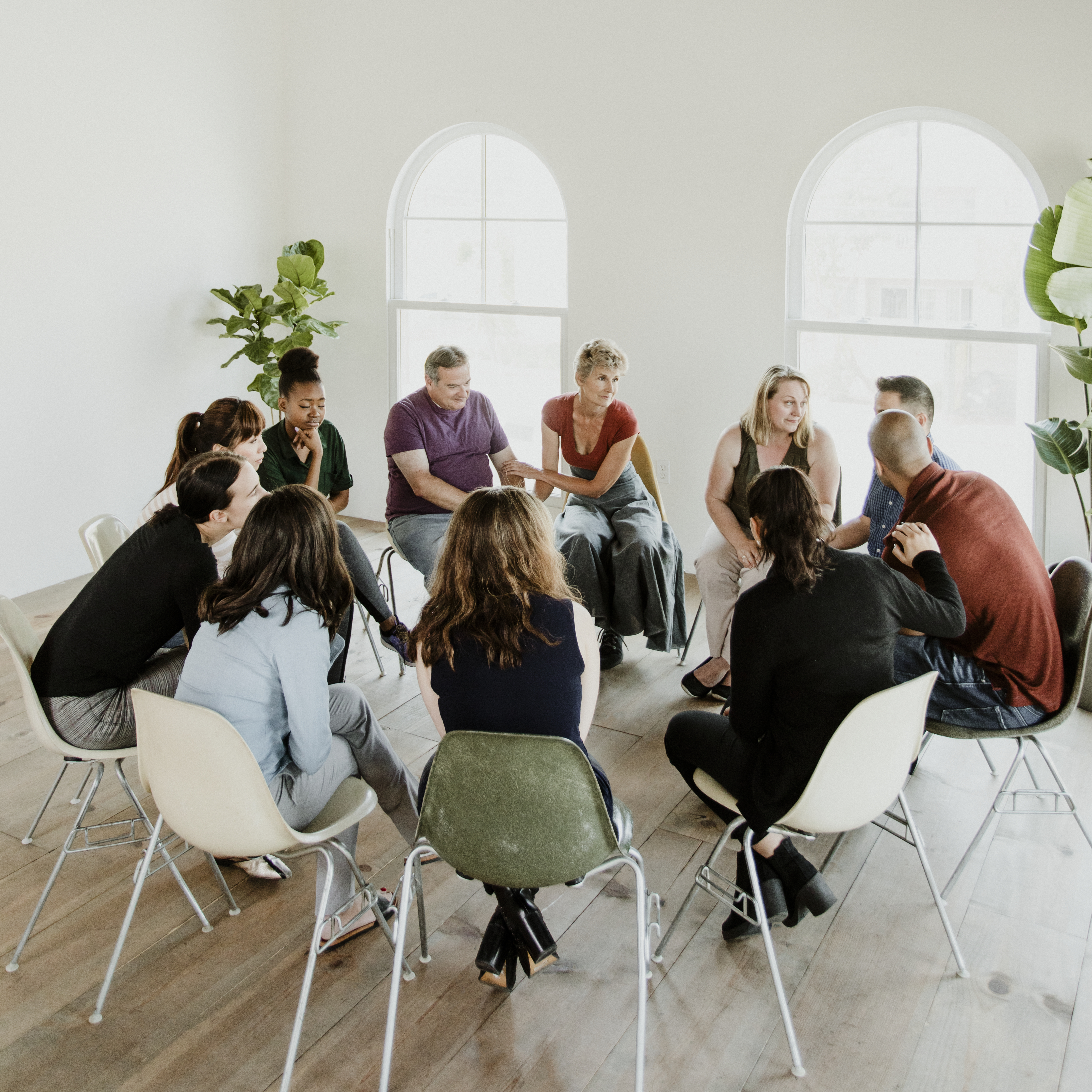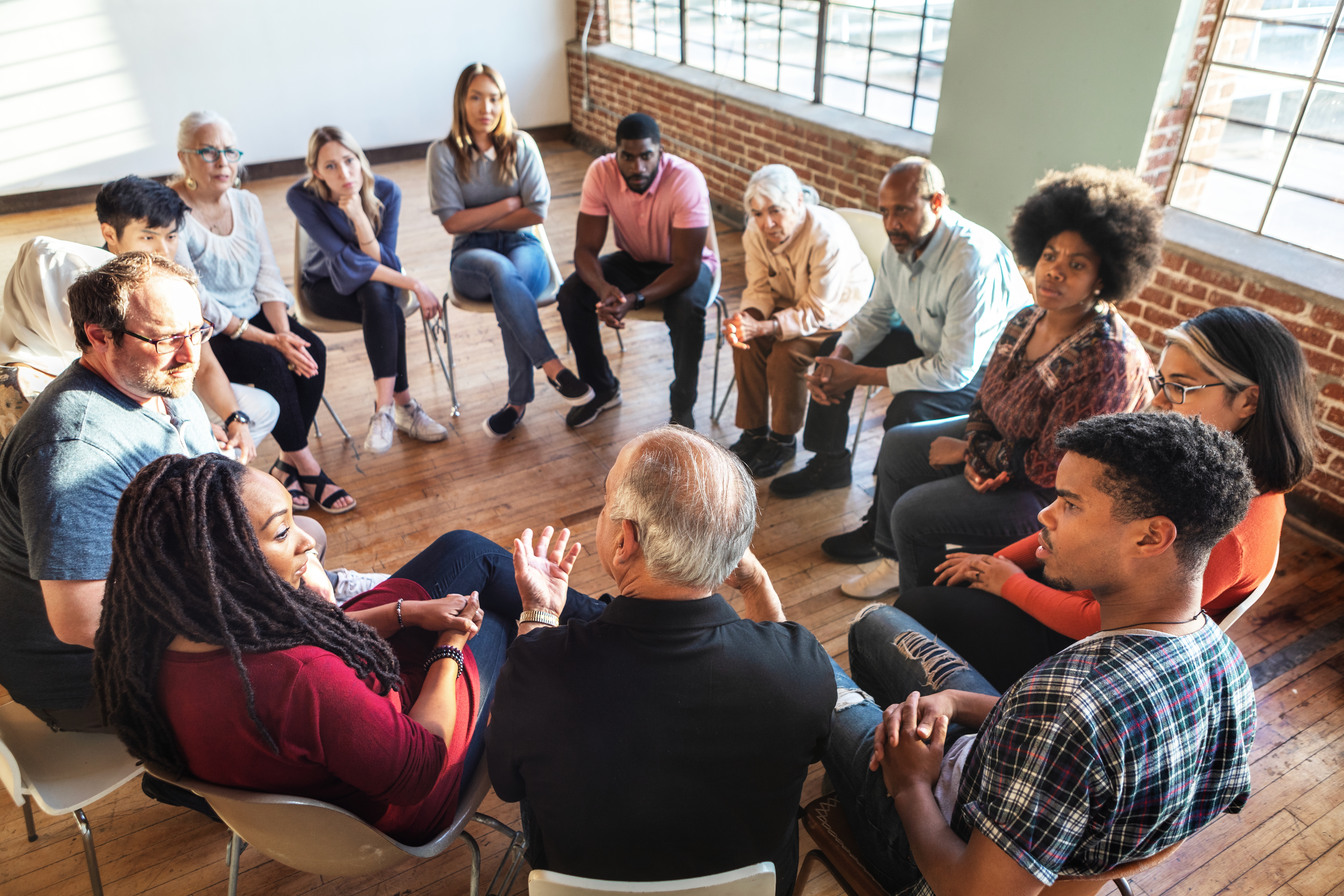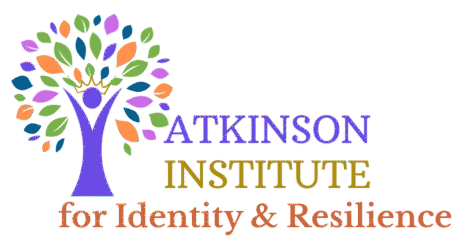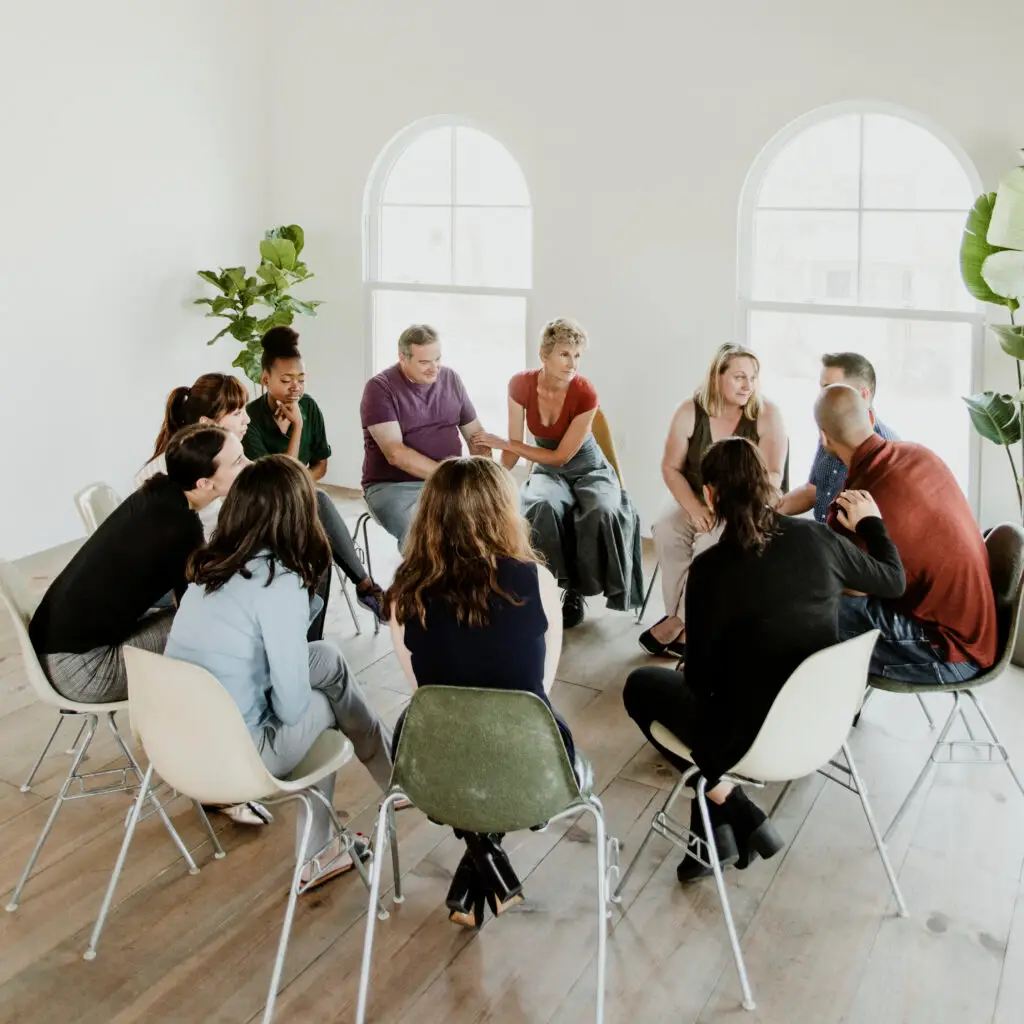Strength in Numbers: How Community Support Can Conquer Self-Doubt
Feeling like you’re not enough can be a heavy burden to carry alone. But what if the key to overcoming self-doubt lies in the strength of community support? At The Atkinson Institute, we believe in the power of connection to foster empowerment and resilience. Our workshops are crafted to help you build confidence and find your voice within a supportive network. Ready to transform self-doubt into personal growth? Join us and explore the strength in numbers.
Power of Community Support

Community support plays a crucial role in overcoming self-doubt and building resilience. By connecting with others facing similar challenges, individuals can gain strength and perspective. This section explores how collective efforts can foster a strong support network.
Building Resilience Together
Resilience is the ability to bounce back from challenges, and it’s often strengthened in numbers. When people come together to share experiences and insights, they create a foundation of mutual support. This collective strength makes handling personal challenges more manageable.
A community can offer diverse perspectives, helping individuals see their situations differently. By engaging with various viewpoints, one can develop a more flexible mindset, which is a key component of resilience. As noted in an article, understanding these different angles can reduce feelings of isolation.
Real-world examples include support groups where participants share strategies that have worked for them. These interactions can inspire new approaches to personal growth.
Takeaways from such groups include:
-
The reassurance that you’re not alone
-
New strategies for dealing with self-doubt
-
Increased motivation through shared goals
Overcoming Self-Doubt Collectively
Self-doubt can cloud judgment and hinder progress. Yet, when addressed collectively, its impact can be mitigated. Imposter syndrome is a common form of self-doubt that many experience. By discussing these feelings with others, one can gain insight into how widespread and manageable they truly are.
Case studies show that group settings help individuals come to terms with their self-doubt. For instance, a study highlighted on LinkedIn reveals how successful leaders overcame imposter syndrome through community support.
Key takeaways from such studies:
-
Shared experiences can normalize self-doubt
-
Group discussions foster a sense of belonging
-
Collective effort leads to practical solutions
Actionable advice includes joining a support group, seeking mentorship, and engaging in peer discussions. These steps can help transform self-doubt into confidence.
Workshops for Empowerment

Workshops designed for empowerment are instrumental in building confidence and fostering connections. They provide structured activities and networking opportunities that enable participants to thrive personally and professionally.
Confidence Building Activities
Workshops often feature confidence-building activities that encourage individuals to step out of their comfort zones. These activities are crafted to help participants recognize their strengths and address their self-doubt.
Step-by-step process for a typical activity might include:
-
Identifying a personal strength
-
Sharing this strength with the group
-
Receiving feedback and encouragement
-
Reflecting on the experience in a supportive setting
These activities create a safe space to practice self-affirmation. An article on Start My Wellness highlights the importance of building self-trust as a foundation for confidence.
Benefits of such activities include:
-
Increased self-awareness
-
Better self-esteem
-
Enhanced ability to face challenges
Networking with Like-Minded Individuals
Networking is a powerful tool for personal and professional growth. Workshops provide an ideal setting to connect with like-minded individuals who share similar goals and challenges.
Real-world examples include professional networking events where individuals exchange ideas and support each other’s growth. Networking facilitates the exchange of experiences and knowledge, which is crucial in overcoming self-doubt.
Key insights:
-
Networking expands your support system
-
Engaging with peers can lead to collaborative opportunities
-
Sharing experiences can foster mutual growth
Actionable advice for effective networking includes:
-
Attend workshops and seminars regularly
-
Engage in active listening
-
Follow up with connections to build lasting relationships
Finding Your Voice

Finding one’s voice is a journey of personal growth. Through connection and collaboration, individuals can articulate their thoughts and feelings more confidently. This section delves into how community support systems can aid in this process.
Personal Growth through Connection
Personal growth is deeply tied to the connections we form. Engaging with a community allows individuals to explore their identities and express themselves freely. This growth is often nurtured through shared experiences and insights.
Data-driven insights suggest that those who actively participate in community activities report higher levels of self-confidence. As discussed in an article on SW Helper, these connections serve as a catalyst for personal development.
Comparisons between isolated individuals and those in supportive networks show:
|
Isolated Individuals |
Connected Individuals |
|---|---|
|
Higher self-doubt |
Increased confidence |
|
Limited perspectives |
Broader viewpoints |
|
Slower growth |
Accelerated growth |
Collaborative Support Systems
Collaborative support systems are vital for sustained personal growth. They provide a platform for sharing resources, experiences, and encouragement. By working together, individuals can achieve more than they could alone.
Case studies have shown the effectiveness of these systems in various settings, including workplaces and educational institutions. Participants often report feeling more empowered and capable after engaging with such networks.
Key takeaways:
-
Collaboration enhances problem-solving skills
-
Support systems boost morale and motivation
-
Group achievements foster individual confidence
Recommendations for building a collaborative support system:
-
Join community groups and forums
-
Participate actively in group activities
-
Offer and seek support regularly
🌟


